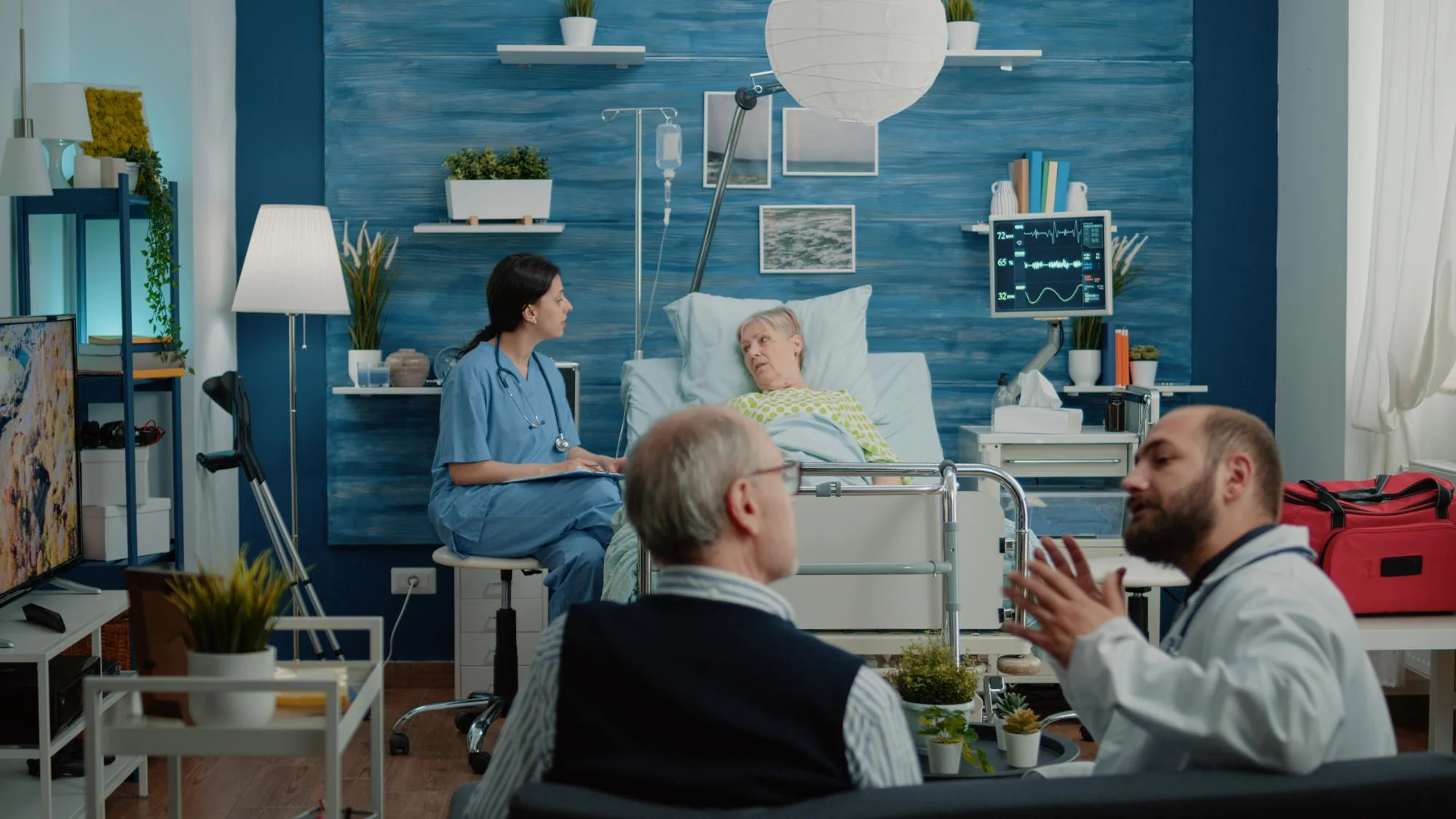In a world where medical advances continue to stretch the boundaries of treatment and care, questions surrounding the ethics, legality, and practice of assisted dying have emerged with renewed vigor. The debate over the right to die has catapulted into the limelight, prompting medical societies to reevaluate their stance on this contentious issue.
DOI: https://doi.org/10.3318/ulstermedj.2019.88
On March 21, 2019, the Royal College of Physicians (RCP) in London announced a pivotal shift in its position on assisted dying. After a survey of its members failed to reach a consensus, the RCP adopted a stance of neutrality, reflecting the ambivalence and complexity of feelings within the medical community. This decision, publicized in a press release, has significant implications for practitioners and patients alike.
The controversy around assisted dying is not limited to the UK, and the topic has been hotly debated across the globe. In some countries, legislation has been passed to allow physicians to assist terminally ill patients in ending their lives, subject to strict legal protocols. The Netherlands, Belgium, and Canada are among the nations that have legalized certain forms of euthanasia or physician-assisted suicide, leading to a patchwork of practices worldwide.
Physicians’ Views and Societal Impact
Studies such as those commissioned by the RCP reveal a range of opinions among medical professionals regarding euthanasia and assisted suicide. An article in the Future Healthcare Journal highlights the discrepancies between physicians’ personal beliefs and their adherence to existing legislation. The diversity of views underscores the need for an open discussion on the subject.
The moral, ethical, and philosophical questions raised by assisted dying cannot be underestimated. Proponents argue that it is the epitome of patient autonomy, allowing individuals to end suffering on their terms. However, critics fear that such practices could lead to abuses and a slippery slope toward diminished respect for the sanctity of life.
In their book “Debating Euthanasia,” Emily Jackson and John Keown delve into these arguments, offering insights from both sides of the debate. They suggest that the topic is far from black and white and that each case of assisted dying poses unique ethical dilemmas.
Cases at the Extremes
Reports from the Journal of Medical Ethics provide a glimpse into the complexities of cases where euthanasia or physician-assisted suicide have been considered. From the Netherlands comes an account of doctors grappling with requests that push the boundaries of current practice, revealing the emotional and moral weight that such decisions carry.
Internationally, Belgium made headlines with its authorization of euthanasia for terminally ill minors, raising questions about the capacity of young individuals to make such profound decisions. These cases, reported in the Daily Telegraph, have sparked global debate and concern over the practice’s reach.
In another instance, a dementia patient in Belgium was euthanized at the request of their family, as detailed in a report by BMC Psychiatry. This particular case led to public outrage and a reflection on the checks and balances needed to ensure that the wishes of the patient are the driving force behind any decision to die.
Legal Frameworks
The legal landscape governing assisted dying varies widely from one jurisdiction to another. In his work, “The Ethics and Law of Medicine,” John Keown examines the legal frameworks that shape medical practice in this regard. Legislation often struggles to keep pace with shifts in societal attitudes and the realities of medical advancements.
Ethical Considerations
When faced with the possibility of assisted dying, physicians must navigate a minefield of ethical considerations. They must balance their duties to preserve life with respect for patient autonomy and the desire to alleviate suffering. This balancing act is one of the most challenging facets of modern medicine.
The fabric of medicine is indeed strained by the debate over the right to die. As society evolves and medicine advances, it is imperative for ongoing dialogue and reflection among stakeholders. While there are no easy answers, the neutrality of medical bodies like the RCP signals a willingness to accommodate differing perspectives and to find a way forward that respects the complexities of human life and death.
References
1. Trimble, M.M. (2019). A Rend in the Fabric of Medicine. The Ulster medical journal, 88(2), 81–82.
2. Royal College of Physicians. (2019). No majority view on assisted dying moves RCP position to neutral [Press release]. Retrieved from https://www.rcplondon.ac.uk/news/no-majority-view-assisted-dying-movesrcp-position-neutral
3. Porter, K., & Warburton, K.G. (2018). Physicians’ views on current legislation around euthanasia and assisted suicide: Results of surveys commissioned by the Royal College of Physicians. Future Healthcare Journal, 5, 30–34. DOI: 10.7861/futurehosp.5-1-S30
4. Snijdewind, M.C., van Tol, D.G., Onwuteaka-Philipsen, B.D., & Willems, D.L. (2018). Developments in the practice of physician-assisted dying: perceptions of physicians who had experience with complex cases. Journal of Medical Ethics, 44(5), 292–296. DOI: 10.1136/medethics-2016-103795
5. Keown, J. (2012). The Ethics and Law of Medicine. Oxford: Oxford University Press.
Keywords
1. Assisted Dying Debate
2. Medical Ethics Assisted Suicide
3. Right to Die Legislation
4. Euthanasia Ethical Dilemmas
5. Physician-assisted Dying Practices
